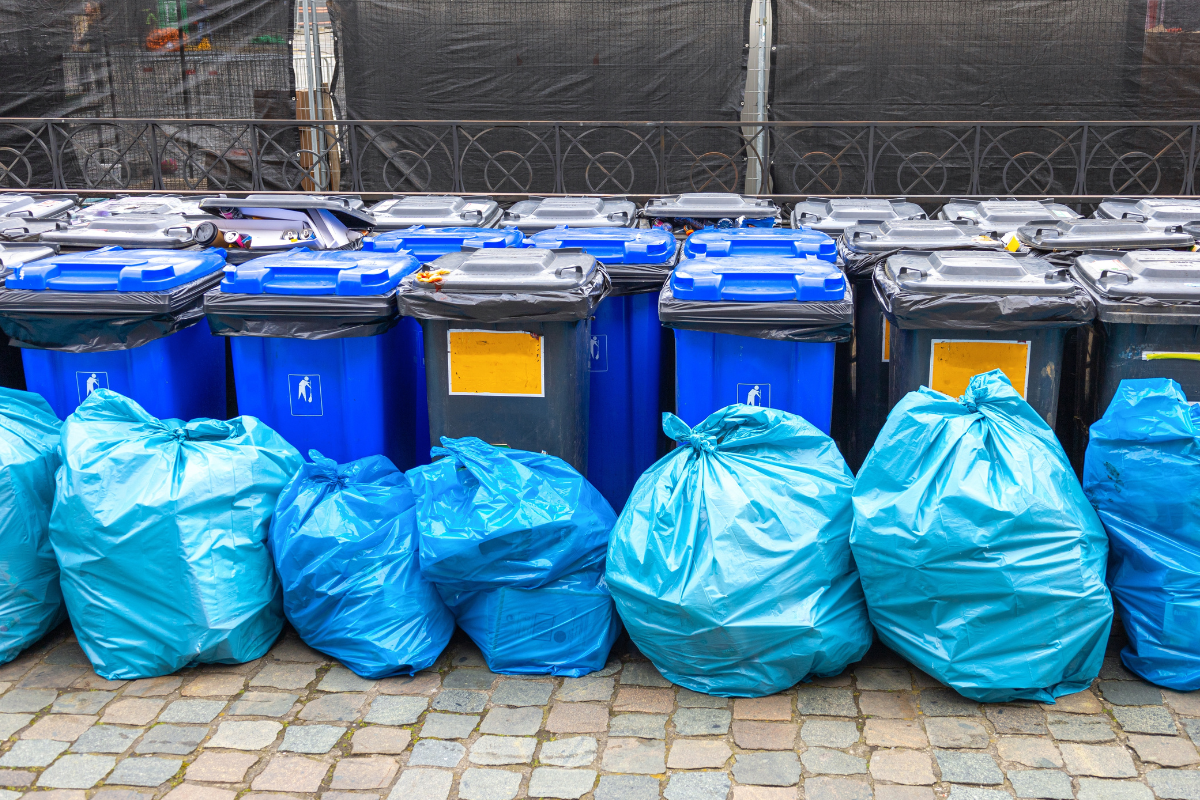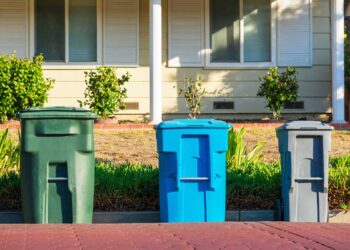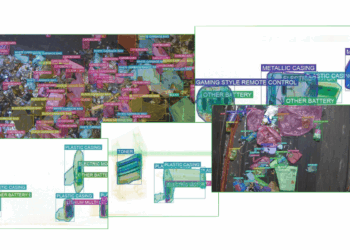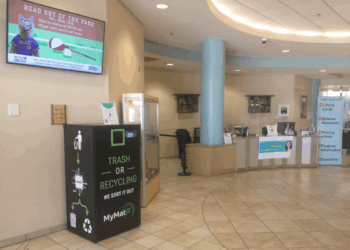For those of us working in the recycling industry, improving quality has become a priority. The question is: How do we clean up the recycling stream and do it cost-effectively and quickly?
National nonprofit organization The Recycling Partnership is teaming up with Massachusetts Department of Environmental Protection (MassDEP) and communities across the state to answer that very question.
Working hand in hand with Recycling Partnership staff and MassDEP, the Massachusetts municipalities of West Springfield, Lowell, Needham and Holden will implement a set of best management practices this spring and summer. The goal of the pilot initiatives is to lead each community toward reduced contamination and high levels of program participation and to vet this approach for use across Massachusetts and, ultimately, across the U.S.
Each community was carefully selected to help create a collection of programs that would represent the U.S. municipal recycling landscape across the country, and both curbside and drop-off systems were included. Each will assist in measuring key quality and quantity metrics before and after the pilot projects. In each case, the local hauler and materials recovery facility (MRF) are fully on board and engaged.
Far beyond a marketing campaign, this anti-contamination effort, which we’ve affectionately called the MoreBetter Program, is geared toward changing resident behavior in a stepwise, targeted, efficient and operationally sound fashion. Ultimately, the initiative will be supported with data and stories from the Massachusetts pilot projects and others to showcase replicable best practices in action.
The approach
To address contamination, material-quality concerns must first be defined. To that end, Recycling Partnership staff surveyed the MRFs servicing the pilot communities to pinpoint items that were causing the most issues.
The organization also hired DSM Environmental Services to conduct recovery- and contamination-rate studies in each town to quantify the types and amounts of misplaced items in the recycling stream and the types and amounts of recyclables in the trash stream. Those studies will be repeated by DSM at the end of the pilot periods to quantify effectiveness.
Combined, that data pointed to a short list of misplaced materials that warranted specific targeting. Bagged recyclables topped the list, with film, food and textiles also posing significant processing challenges.
The Recycling Partnership incorporated those materials into its list of best management practices, which combine operational and communications tactics to change resident behavior through a tiered approach.
The first tier is the use of targeted information. That means providing specific feedback at the curb through “oops” and “thank you” tags on carts, plus in-home behavioral triggers such as magnets and information cards. In addition, mini outreach campaigns will focus on the top contaminant noted in each area.
The second tier is awareness building. Here, general recycling promotions are employed to keep diversion of proper materials top of mind and build the practice as a normal part of daily life.
Finally, the efforts include use of standing resources. For example, websites and apps will be updated regularly to answer common questions clearly and to reflect the brand of the community and campaign.
Coordination of stakeholders
To hammer out the finer details for each individual community, all of the key players convened and worked out specifics. City and hauler representatives finalized curbside procedures, including how to reject a cart and track data from routes. They also reached consensus on making marketing decisions and staffing approaches.
With the planning and development work complete, the pilot programs were launched. The first days were productive (and soggy), and valuable information and lessons are already being noted.
When the pilots conclude later this summer and the final data is tabulated, The Recycling Partnership and MassDEP will release a robust toolkit aimed at helping communities fine-tune the quality of their recycling streams.
At the core of the toolkit will be a proven, adaptable messaging platform that provides a common language for communicating with residents about recycling the right way. The resources and best practices will be made available to communities across the country via The Recycling Partnership website in late 2016.
Poor quality is a pressing concern for the recycling industry, but with the right approach and smart partnerships, we can move beyond the issue and into a stronger, better-connected system.
Jason Hale is communications director at The Recycling Partnership. He can be contacted at [email protected].
The views and opinions expressed are those of the author and do not imply endorsement by Resource Recycling, Inc. If you have a subject you wish to cover in a future op-ed, please send a short proposal to [email protected] for consideration.


























